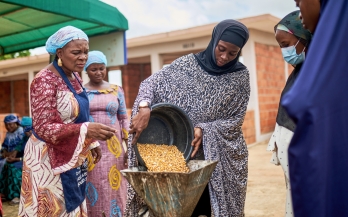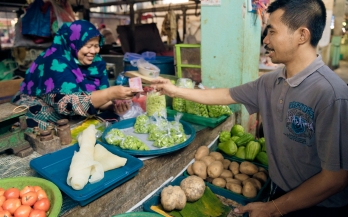

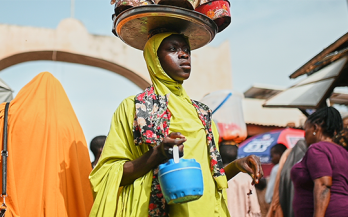
Ensuring Sustainable Food and Nutrition Security Amidst Climate Change: Key Takeaways from the Nigeria Climate Change Forum Plenary Session
The intersection of climate change and food security took center stage at the recent Nigeria Climate Change Forum, where experts gathered to discuss sustainable solutions for ensuring food and nutrition security amidst growing climate challenges.
A Win-Win Case for People and Planet in Bangladesh
Malnutrition and climate change are two of the most pressing challenges facing humanity today – and they are intrinsically connected. While food systems contribute to land degradation and roughly one-third of anthropogenic greenhouse gas emissions, climate change in turn jeopardizes the nutrient quality of staple crops.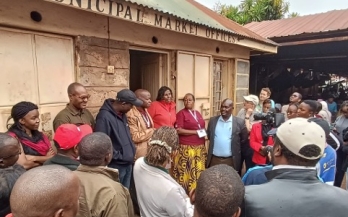
GAIN Working Paper n°47-Food systems governance and the public sector
- 29/01/2025
The public sector plays a crucial role in transforming food systems through leadership, structures, and processes like policies and budgets as well as the extent to which it enables a whole-of-society approach. Understanding public-sector governance is thus fundamental to designing and implementing food systems transformation initiatives. This working paper provides an overview of public sector governance at the country level, with a food systems lens. Public governance models vary across countries, and understanding these is vital for addressing challenges and trade-offs and leveraging opportunities in food systems. Local governments, including city governments, have close relationships to the daily lives of residents and landscapes. This makes them key players in bringing together multiple stakeholders, implementing locally relevant solutions, and strengthening capacity through sharing best practices, tools, and lessons learned via city-to-city networks. In a similar way, global food systems-related fora can provide opportunities for national, sub-national, and local governments to enhance the evidence base on food systems transformation and shape wider food systems outlooks.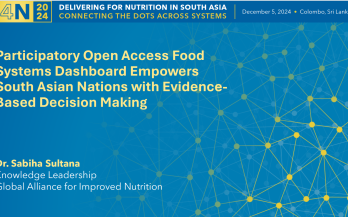
Participatory Open Access Food Systems Dashboard Empowers South
- 26/12/2024
Participatory Open Access Food Systems Dashboard Empowers South
Building Demand under the Vision for Adapted Crops and Soils
GAIN, CIMMYT, FAO and the US State Department to discussed The Vision for Adapted Crops and Soils (VACS), drawing on their shared knowledge and work in demand creation around healthier and more sustainable diets. Read the transcript and watch now.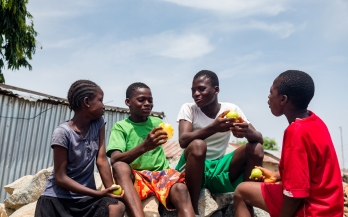
Social Protection For Nutritious Diets Programme Overview
- 14/01/2025
Millions of people around the world struggle to afford minimally nutritious diets, and social protection is critical for making healthy diets accessible. GAIN supports governments and other key stakeholders to accelerate system innovations that can make social protection investments work harder for the nutrition of the most vulnerable. Through partnerships, policy advocacy, and programmes, GAIN is working in seven countries to make social protection systems more nutrition-sensitive and better equipped to combat systemic and intergenerational inequities that limit the reach of vital services.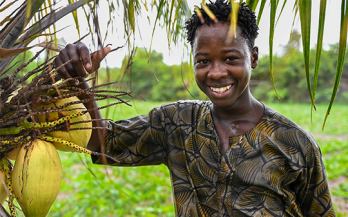
Leveraging WTO rules to tackle malnutrition
The benefits of trade are often viewed in economic terms, but its human impact — on malnutrition in particular — cannot be ignored. Malnutrition stunts development, weakens immunity, and deteriorates bone and muscle health.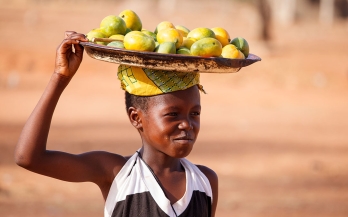
New Fund to Transform Nutrition Landscape in Sub-Saharan Africa launched
N3F is an open-ended debt fund designed to invest in small and medium enterprises (SMEs) focused on improving nutrition in Sub-Saharan Africa. Its innovative blended structure combines public and private donor funds to attract capital from private investors.